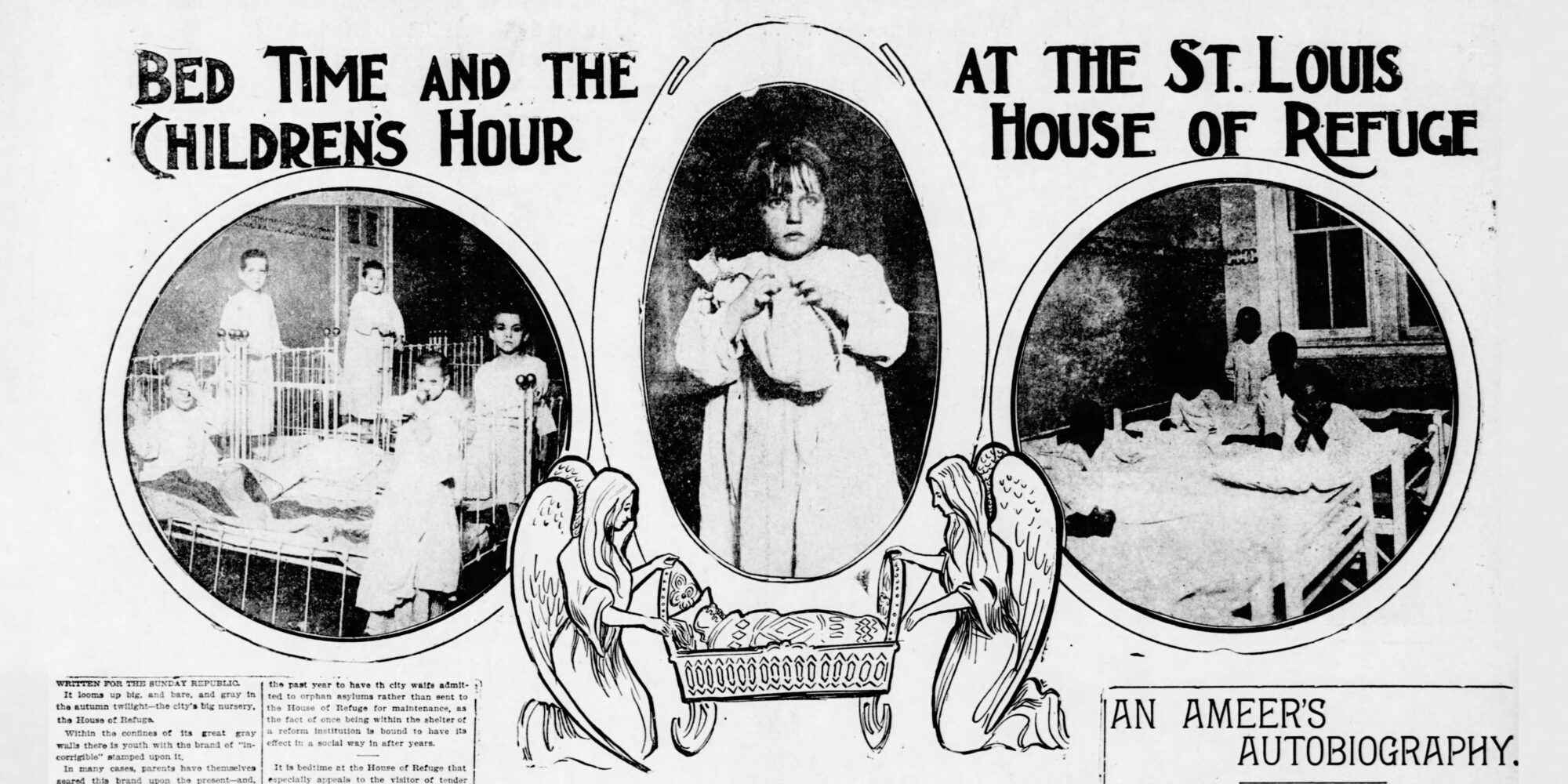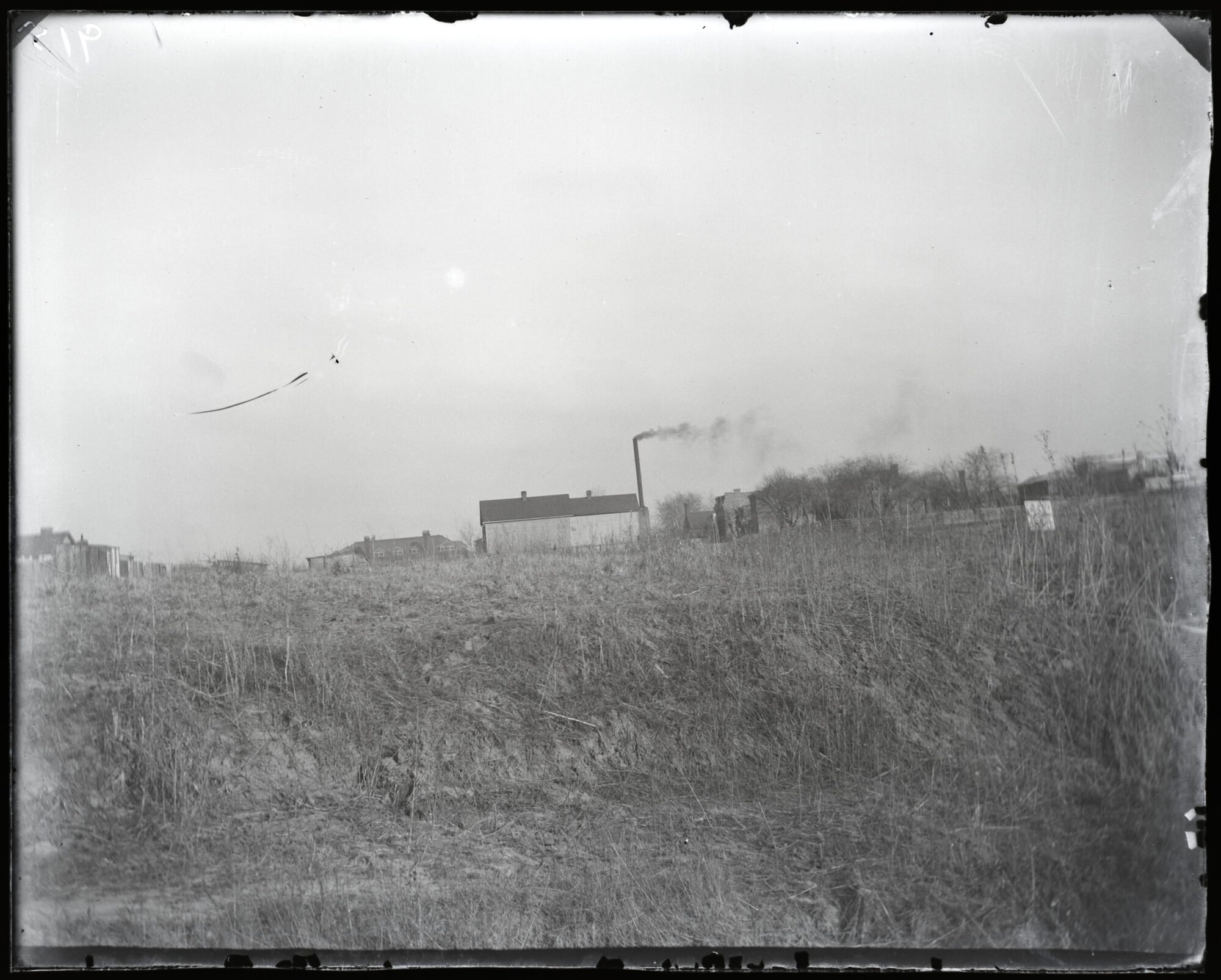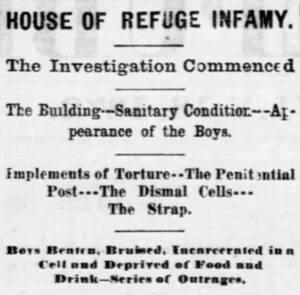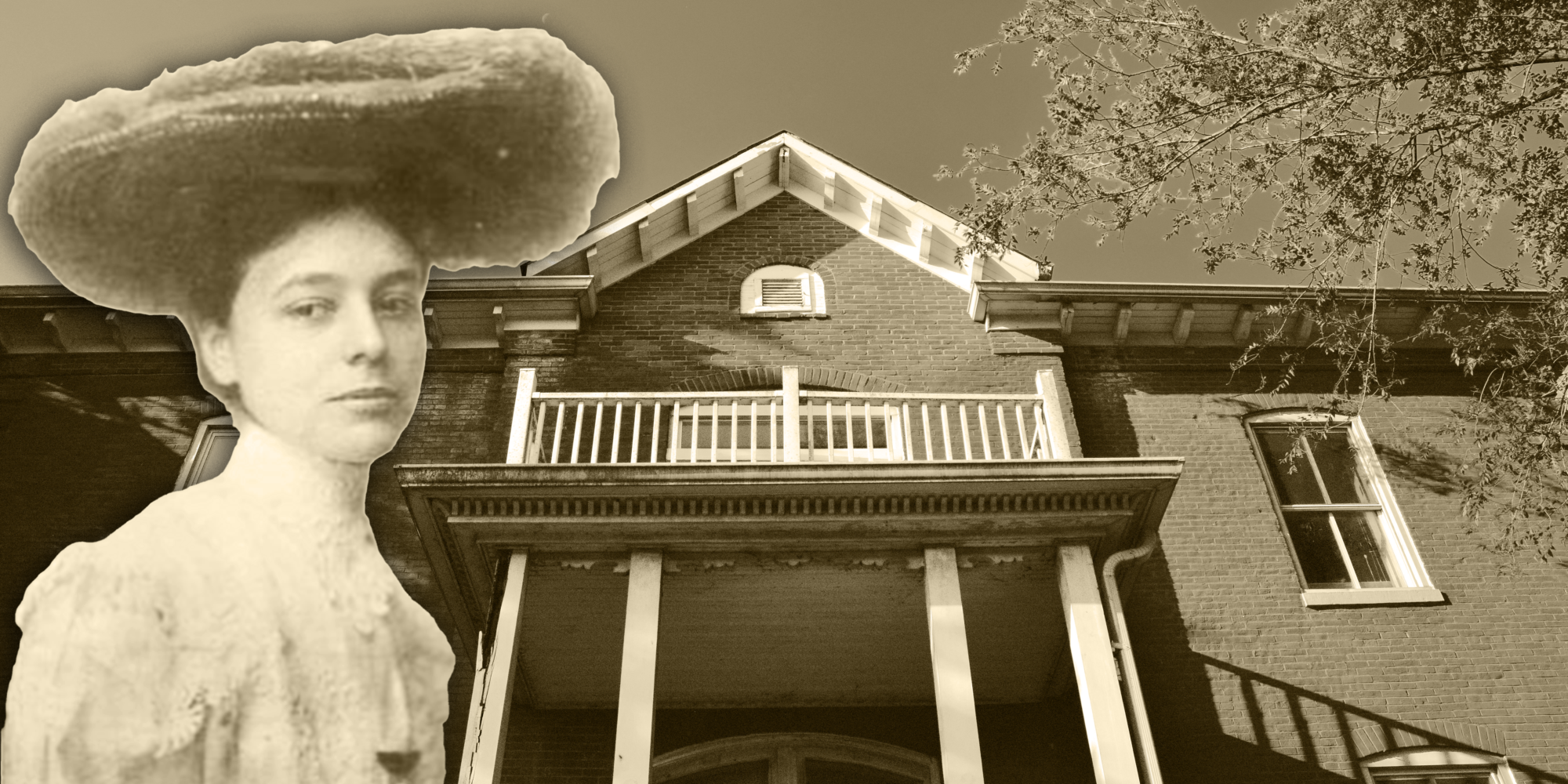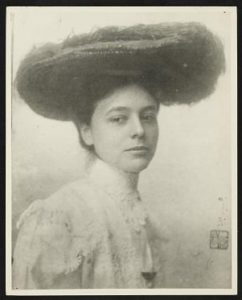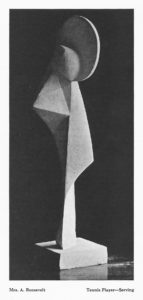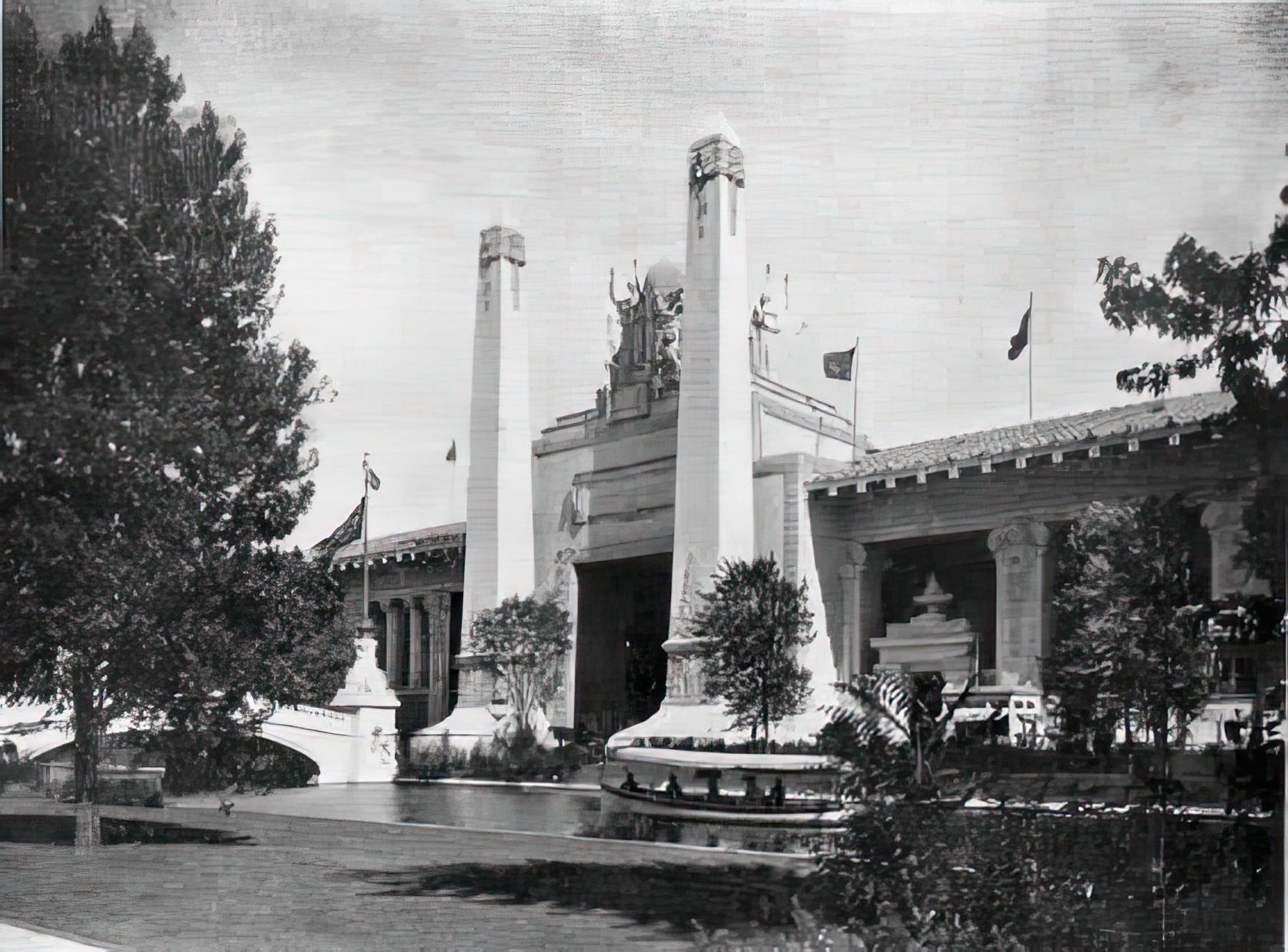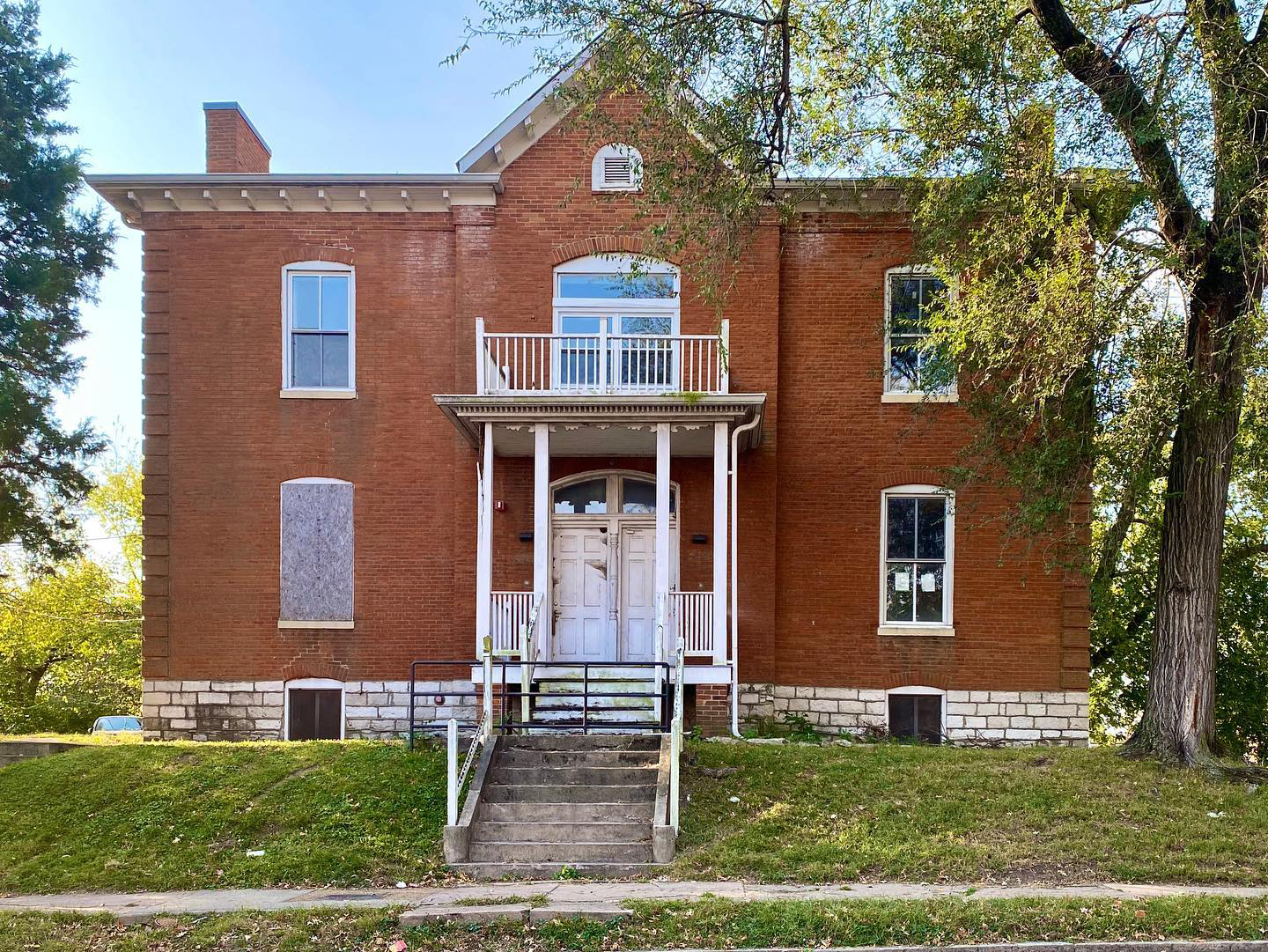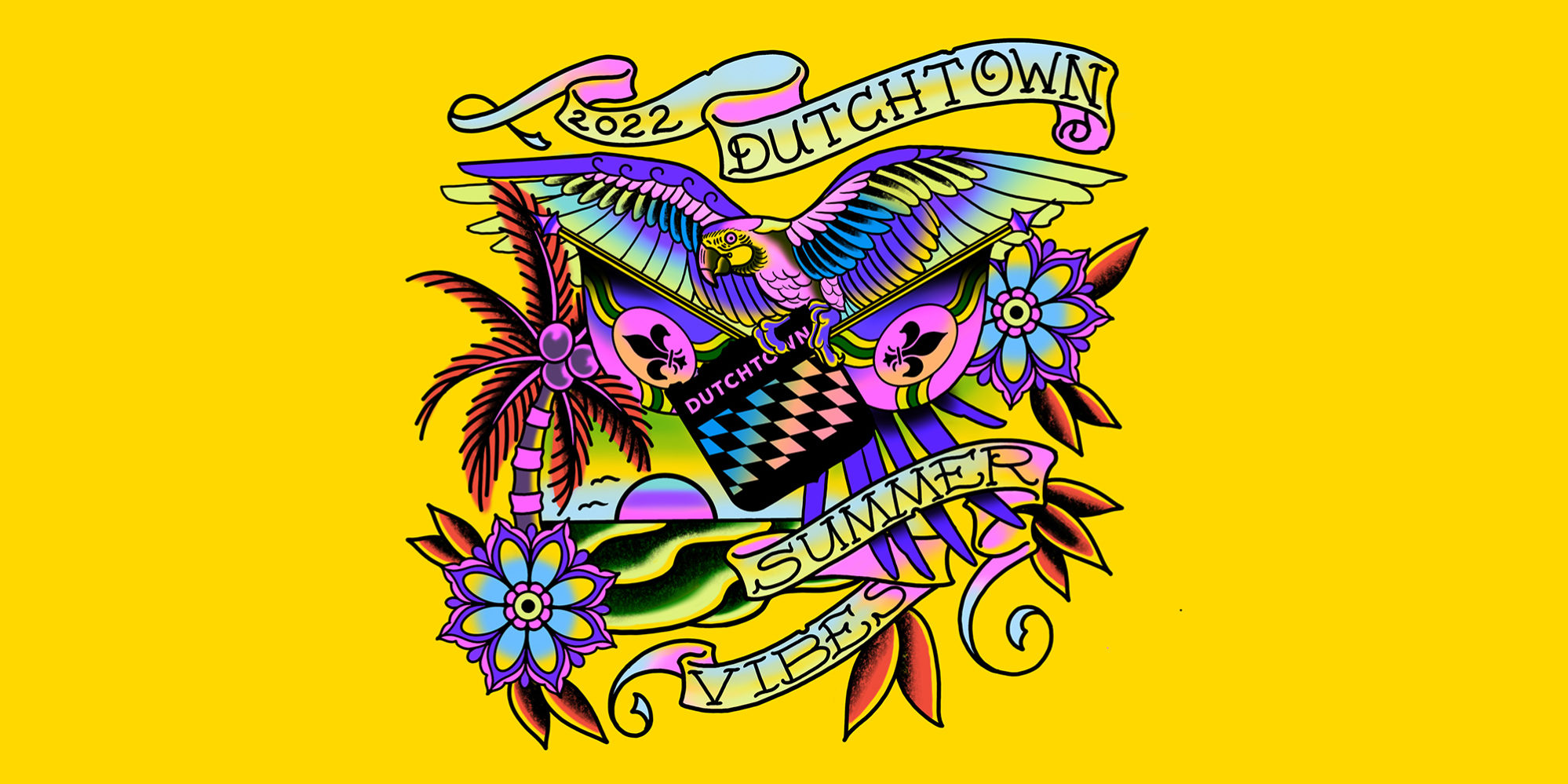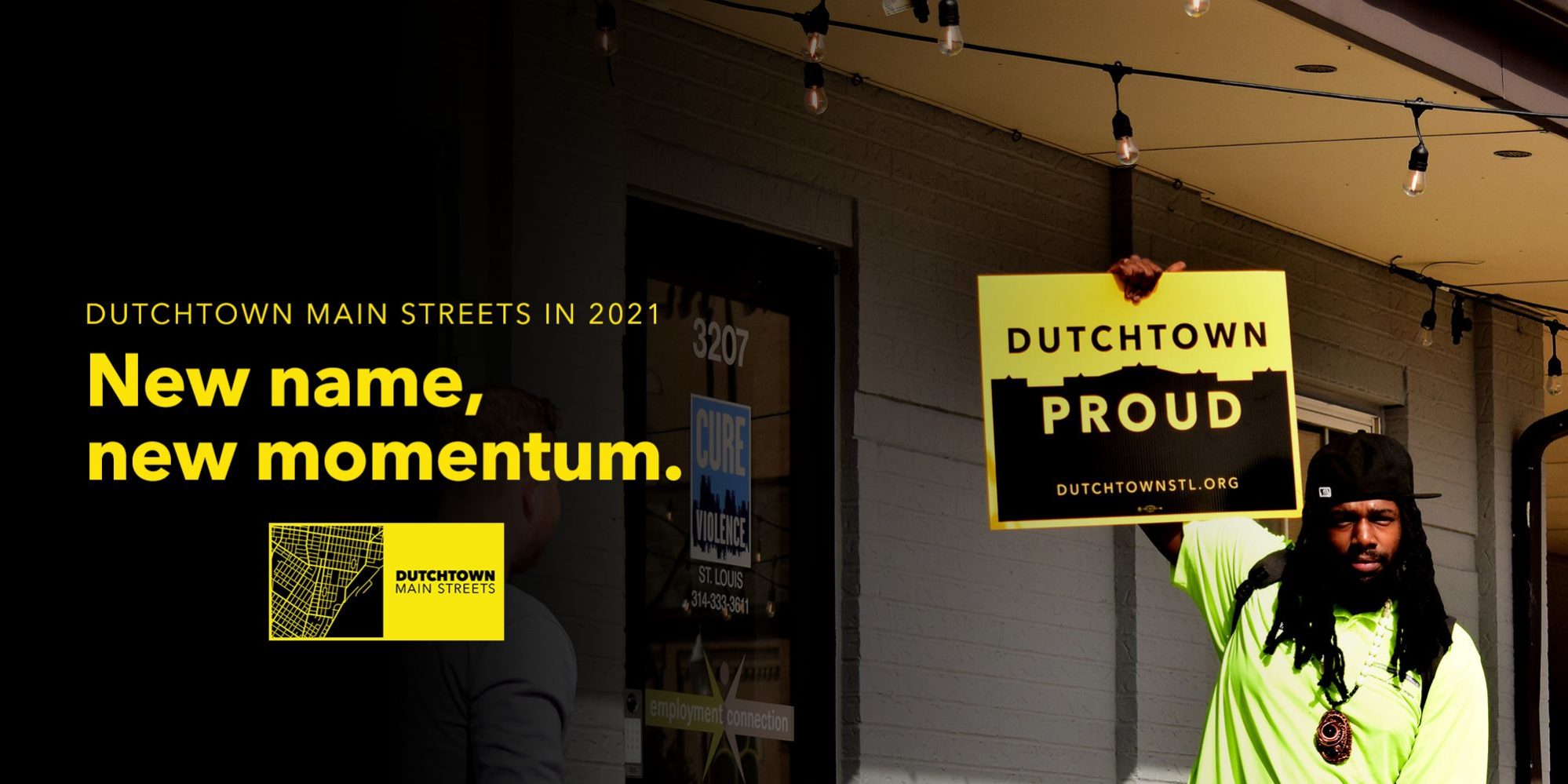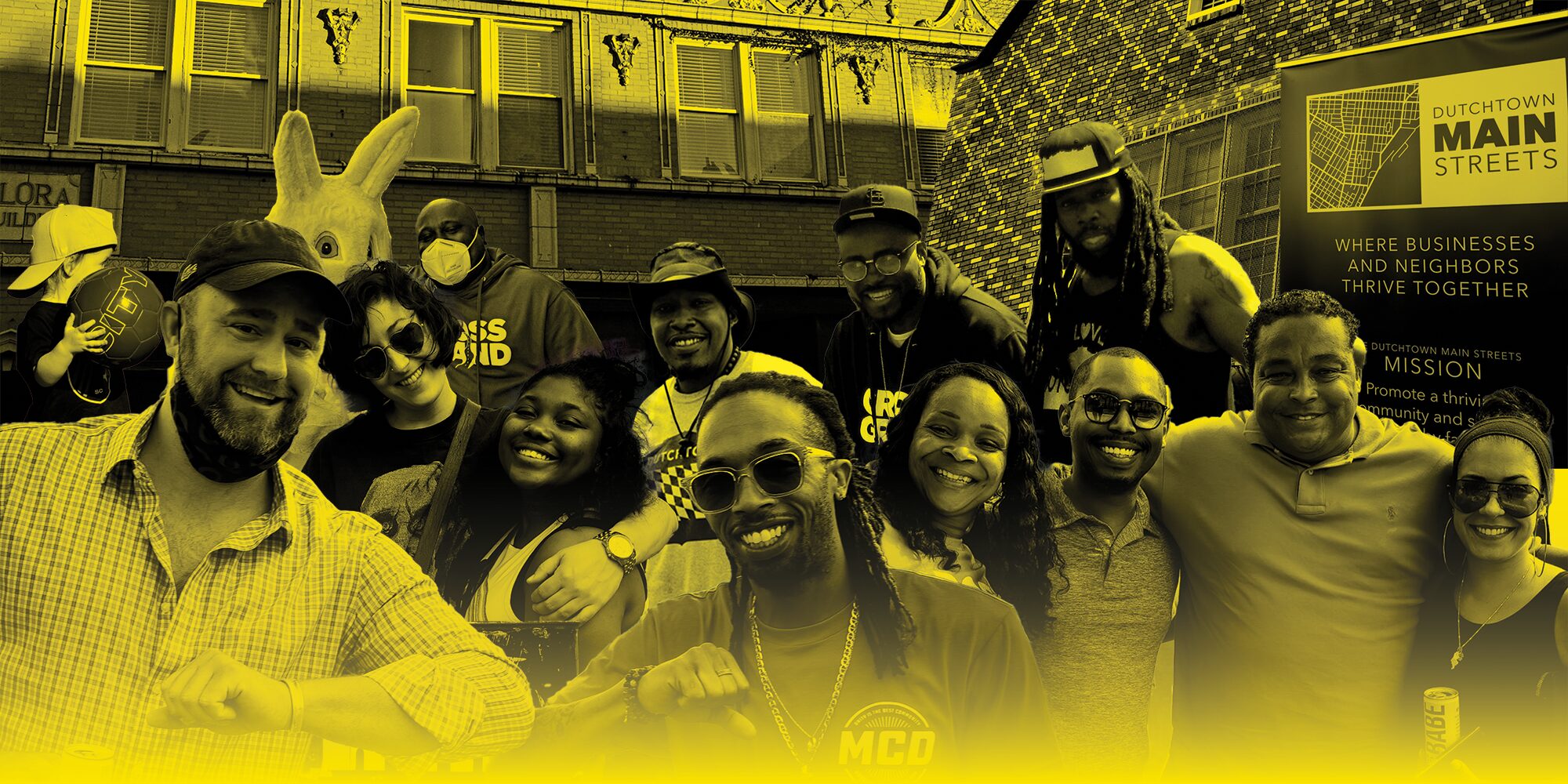
Dutchtown Is Ready to Thrive in 2024
2024 is shaping up to be an incredible and pivotal year for our vibrant neighborhood! Dutchtown Main Streets is excited to bring you this 2024 outlook guide to get you hyped for all the things to come! New businesses, new basketball courts, new services for our neighbors and entrepreneurs—in 2024, we look forward to Dutchtown neighbors and businesses thriving together!
What’s New with Dutchtown Main Streets in 2024
Since rebranding and establishing ourselves as a Main Street America district in partnership with Missouri Main Street Connection in 2021, Dutchtown Main Streets has focused on transformation strategies of serving our neighborhood families and fostering entrepreneurship. In 2023, we received a Neighborhood Transformation Grant from the Community Development Administration to allow us to hire staff and further the goals of our community-led transformation.
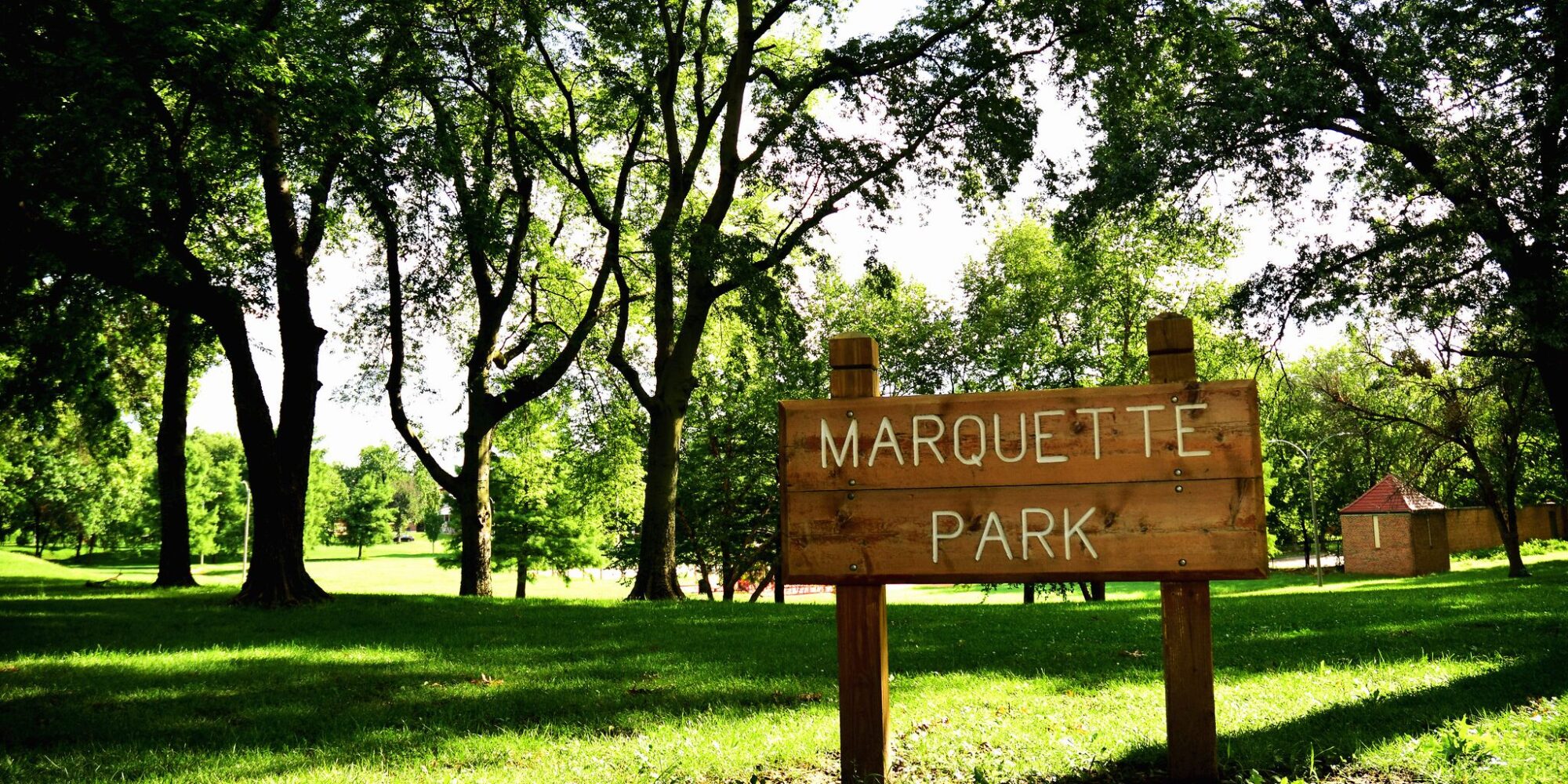
Fun for the Whole Family in 2024
Allies of Marquette Park was officially adopted as a subcommittee of Dutchtown Main Streets in 2022. The work to transform our biggest park has been ongoing and continues to build momentum. In 2024, we look forward to unveiling a new playground in partnership with Lutheran Development Group and a new multisport court that will include basketball courts where the old tennis courts currently are.
We’ll also continue our Dutchtown Movie Nights in 2024. Spring and summer Movie Nights at Marquette Park are fun for the little ones and their families, while fall movies at the Neighborhood Innovation Center are geared toward teens and adults. Don’t miss the annual Dive-In Movie at Marquette Park Pool for a unique movie-watching experience!
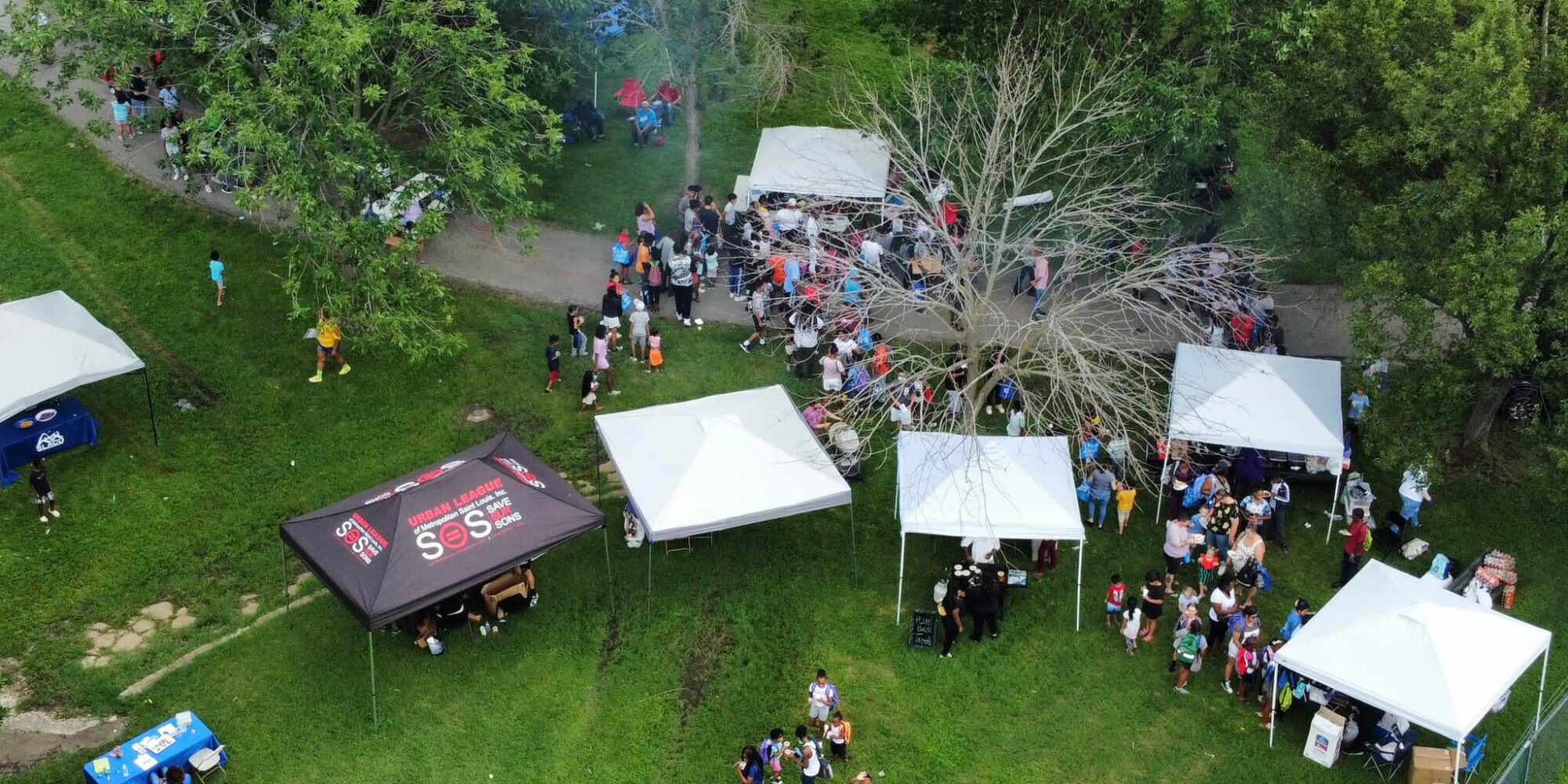
The annual Juneteenth and Father’s Day Kickball tournament is on Sunday, June 16th. The tournament supports Marquette Community Day, the South Side’s biggest back-to-school event, which returns on Sunday, August 4th. We’ll have the backpacks and school supplies our young neighbors need to succeed, along with all the fun we bring every year, including game trucks, horseback rides, climbing walls, and more.
And mark your calendar for the Virginia Avenue Spring Fling on April 20th! We will be showcasing the new edible park and community garden brought to you in partnership with the Dutchtown Community Improvement District, VAL Garden, PocketParks, and Dutchtown Main Streets! We look forward to the addition of this new community space for learning, growing, and celebrating community in 2024!
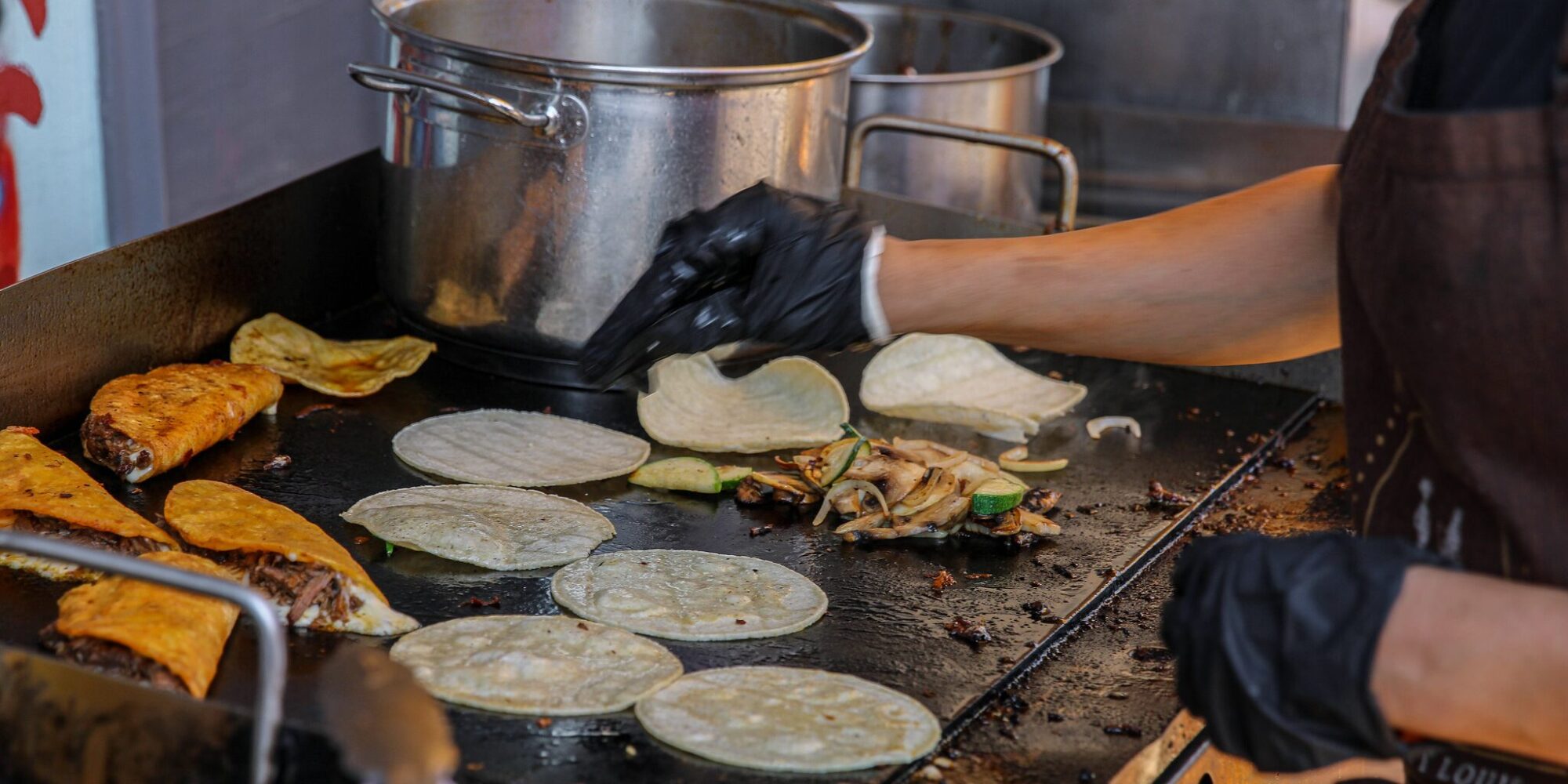
Get Your Fill in Dutchtown in 2024
The Dutchtown food scene continues to grow, anchored by your favorite long-time staples and a steady stream of newcomers. We just welcomed Thai Pavilion to the neighborhood, which relocated here from South County with a large following. We look forward to welcoming Constantino’s in early 2024 when they begin serving up classic Italian dishes and Neapolitan-style pizza at the location that formerly housed the Feasting Fox.
The neighborhood will showcase its food scene at the annual Urban Eats Food Day on September 14th. Come check out the entertainment and great offerings from Tacos La Jefa, All Rolled Up, Nicky Slices Pizza Club, and many more while you explore the diverse flavors our neighborhood has to offer.
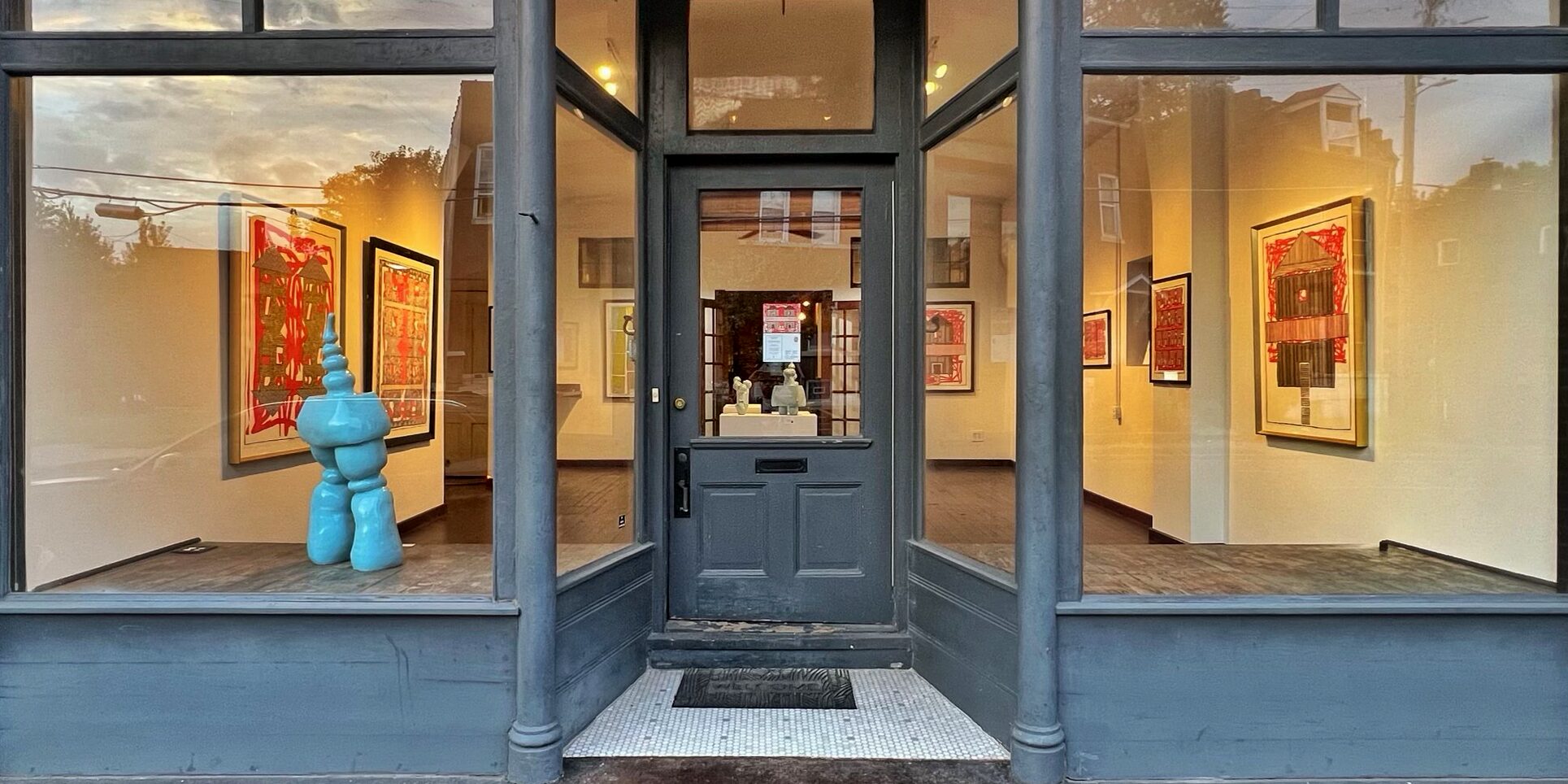
Let Dutchtown Inspire You in 2024
We’ve been delighted by the exhibitions at Wildfruit Projects, named Best Art Gallery by the RiverfrontTimes in 2023. Just down Virginia Avenue, artists at Pele Prints and Boda Clay are creating fine art prints and beautiful handmade ceramics. On Meramec, Ellipsis Studio at Cross Grand regularly showcases outstanding local artists.
For those who want to make art themselves, Thomas Dunn Learning Center continues to offer open Art Lab hours, a variety of art classes, and quarterly exhibits featuring community artists. Keep your eyes peeled for new public art installations from Thomas Dunn Learning Center and Dutchtown Main Streets, including a community mural installation at Thomas Dunn. Makers can also visit South Broadway Art Project, Intersect Arts Center, or Perennial for additional hands-on creative experiences.
Dutchtown Summer Vibes is back on June 1st to showcase all your favorite local talent! Last year’s lineup featured local and regional artists like Ellen Hilton Cook, Sunny Rain, Jay-Marie Is Holy, Bates and the Strangers, and Midwest Avengers, with DJ Prospect Out Hrr as MC. Summer Vibes in 2024 will be bigger and better than ever!
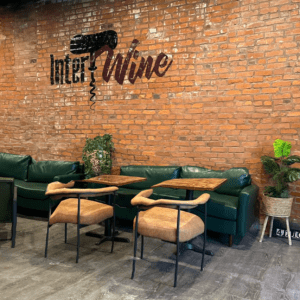
More New Businesses and Development in Dutchtown in 2024
Progress continues on Virginia Avenue, anchored by neighbor-owned businesses on the 4700 block and the new pocket park project at Virginia and Liberty. New to the block, IntertWine opens its wine bar and lounge early this year at 4710 Virginia. Wildfruit Projects, at 4704 Virginia, has a steady rotation of new exhibits on the walls. And Sign of the Times Tattoo at 4722 Virginia continues to grow in their third year in Dutchtown.
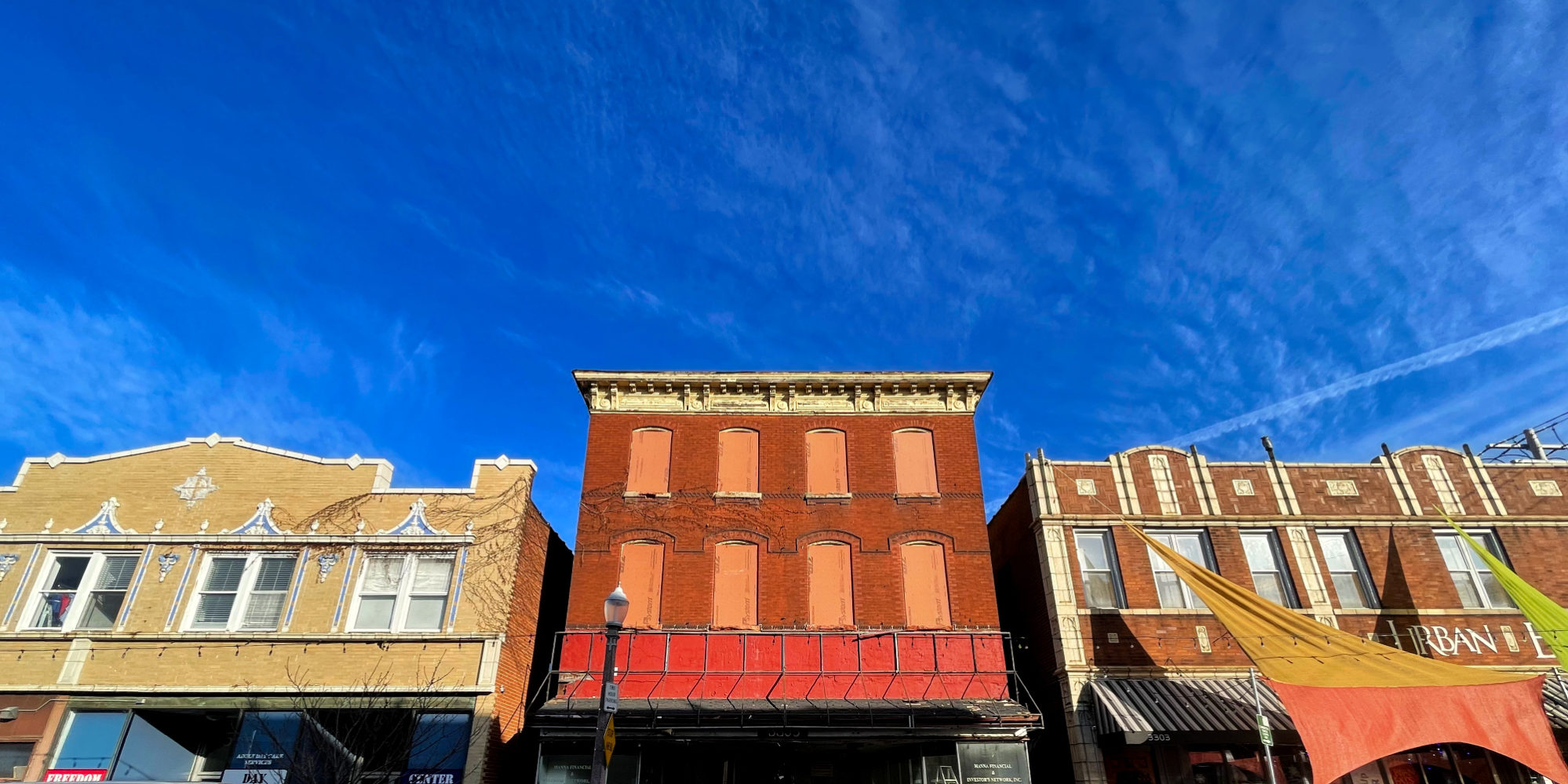
Work is scheduled to begin on the long-vacant building at 3305 Meramec as part of Lutheran Development Group’s Marquette Homes Project. The scattered-site affordable housing venture will feature mixed-use redevelopment of the three-story building in the heart of Downtown Dutchtown through a massive rehab project. Vacant for nearly 15 years, the building will feature a vital commercial space at street level and apartments above.
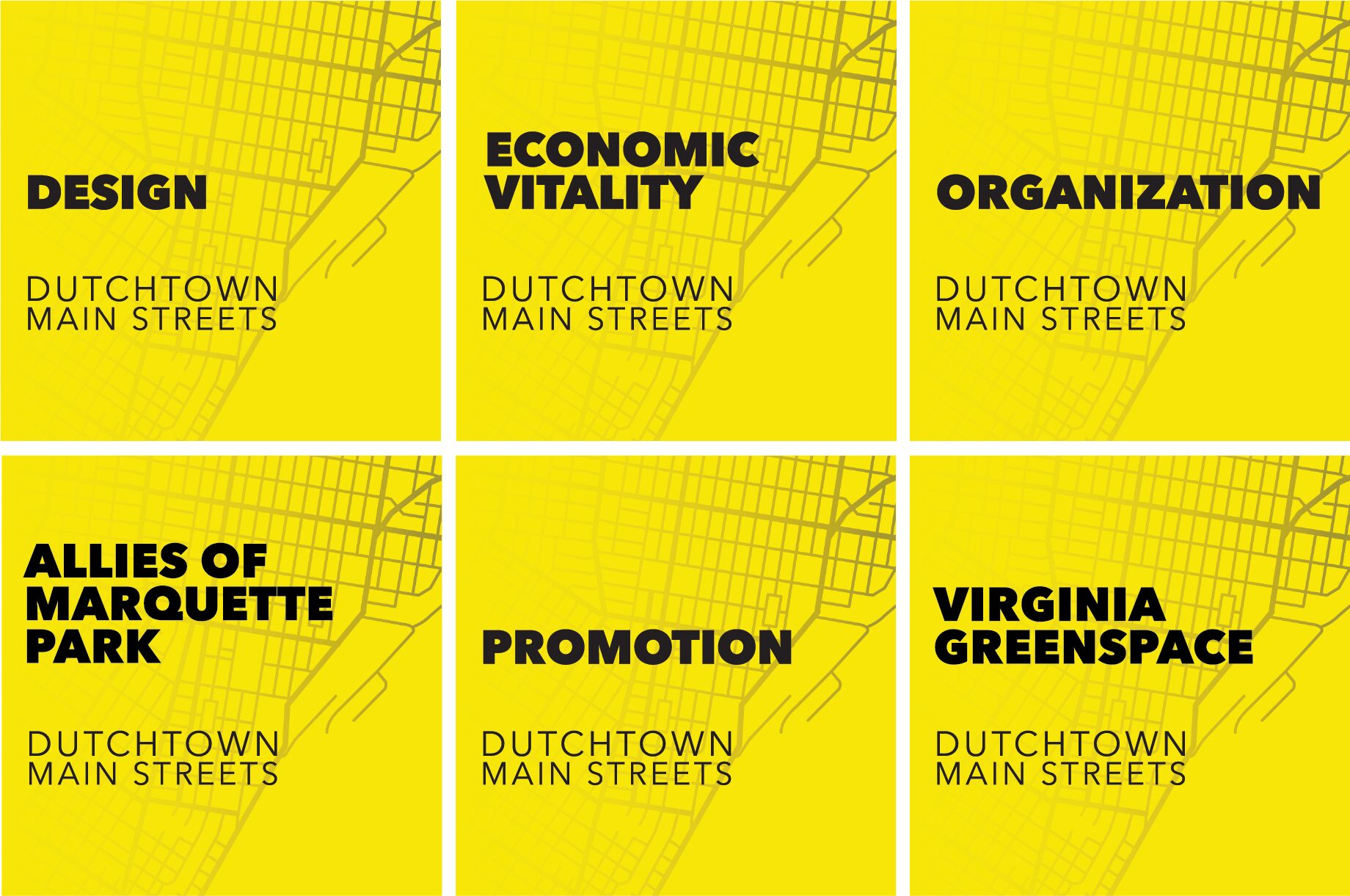
Help Revitalize Dutchtown in 2024
Dutchtown Main Streets is at the heart of community revitalization in our neighborhood with a vision to see a Dutchtown where businesses and neighbors thrive together. You can help drive this vision by joining a Dutchtown Committee.
Promotion Committee
Help get the word out about our amazing neighborhood! The Promotion Committee plans events like Virginia Avenue Spring Fling, Dutchtown Summer Vibes, the Dutchtown Holiday Party, block parties, and more. We work to inform neighbors and visitors about the great people and businesses that make Dutchtown wonderful. For more info, email promotion@dutchtownstl.org.
Design Committee
The Dutchtown Design Committee seeks opportunities to improve the neighborhood’s physical elements through public art, preservation, beautification, and safety. Contact design@dutchtownstl.org for more info.
Economic Vitality Committee
The Economic Vitality Committee strengthens and diversifies Dutchtown’s economy by providing support to existing businesses, fostering entrepreneurship, and leveraging other incentives to attract new local businesses and residential and commercial development opportunities that are appropriate and affordable for our neighbors. The Committee hosts monthly Networking After Hours on the third Thursday of the month. Email ev@dutchtownstl.org to learn more.
Organization Committee
Our Organization Committee brings together volunteers, sponsors, and funds to make the work of Dutchtown Main Streets possible. If you have an interest in or knack for coordinating people, fundraising, grant writing, and the like, Organization is for you. Contact organization@dutchtownstl.org for more info.
Allies of Marquette Park
Allies of Marquette Park supports activity and investment at Marquette Park through the implementation of a comprehensive plan for park improvement and hosting events like Marquette Community Day and Dutchtown Movie Nights. If you love the park and want to get involved, contact ben@dutchtownstl.org for more info.
Virginia Greenspace Committee
The Virginia Greenspace Committee supports the future Dutchtown Main Streets edible park and community garden located at Virginia and Liberty. If you are interested in gardening, food shares, sustainability practices, and community building outdoors, contact dallas@dutchtownstl.org for more info.
All Are Welcome!
Dutchtown Main Streets’ monthly board meetings take place at the Neighborhood Innovation Center on the first Tuesday of the month at 6 PM. We do a quick community check-in with guests, get reports from our committees on current activities, and proceed with board business. Email info@dutchtownstl.org or join us at a monthly meeting if you’re not quite sure what’s the right fit for you. Everyone is welcome to participate however you can!
